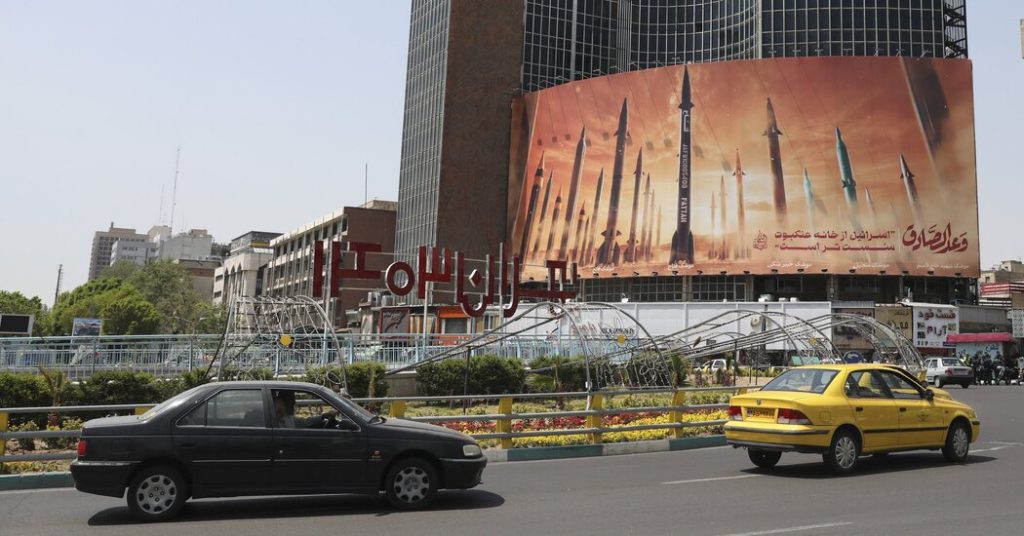Over the weekend, Iran launched a large-scale assault on Israel with a significant number of weapons. This attack marked a shift in their long-running shadow war, potentially leading to a more overt and risky confrontation. Despite the severity of the Iranian assault, Israel had not yet retaliated as of Monday. Some Israeli politicians are urging for a forceful response while others advocate for a more measured approach to maintain deterrence and avoid further conflict. Prime Minister Benjamin Netanyahu must carefully consider the potential consequences of retaliation, including angering President Biden and the risks associated with engaging in two simultaneous conflicts.
The next steps in the conflict between Israel and Iran remain uncertain, with various options being considered by Israeli officials. The nature of Israel’s response has the potential to escalate or de-escalate tensions in the region, as well as impact its relationships with Arab nations who oppose Iran. The established norms of the shadow war between Israel and Iran may continue, including assassinations, proxy attacks, and cyber warfare. However, the recent direct confrontation has raised questions about the future trajectory of the conflict and the potential for a wider regional war.
Iran’s weekend strikes, which targeted Israeli territory directly rather than through proxies like Hezbollah, indicated a willingness to challenge Israel openly. The coordinated defense by Israel and its allies shifted international focus away from the conflict in Gaza, where Israel’s military conduct has faced criticism. Despite limited damage from the Iranian attacks, they represented a domestic and diplomatic victory for Iran by portraying the country as standing up to Israel. Iran sought to position itself as a defender of the Muslim world and showcase its willingness to confront Israel directly from its own territory.
While the details of how Arab countries aided Israel against the Iranian attacks may remain undisclosed for some time, the cooperation against a common enemy signaled a historic shift in the region. The shared fear of Iran has eased Israel’s diplomatic integration in the Middle East and led to increased military coordination with some Arab nations. The hope is that the collaboration against Iran could pave the way for U.S.-led efforts to establish ties between Israel and Saudi Arabia. However, obstacles such as the ongoing Gaza conflict and the unresolved Palestinian issue pose challenges to further regional cooperation.
Despite the potential for increased diplomatic ties and regional alliances against Iran, the situation in the Middle East remains complex and uncertain. The balancing act between responding to Iranian aggression and maintaining strategic partnerships with Western allies, particularly the United States, presents a delicate challenge for Israel. The aftermath of Iran’s attack has both highlighted the shifting dynamics in the region and underscored the ongoing tensions and unresolved conflicts that continue to shape Middle Eastern politics. Moving forward, the key for Israel will be to carefully navigate these complexities while seeking to build on the recent cooperation against a common adversary.


